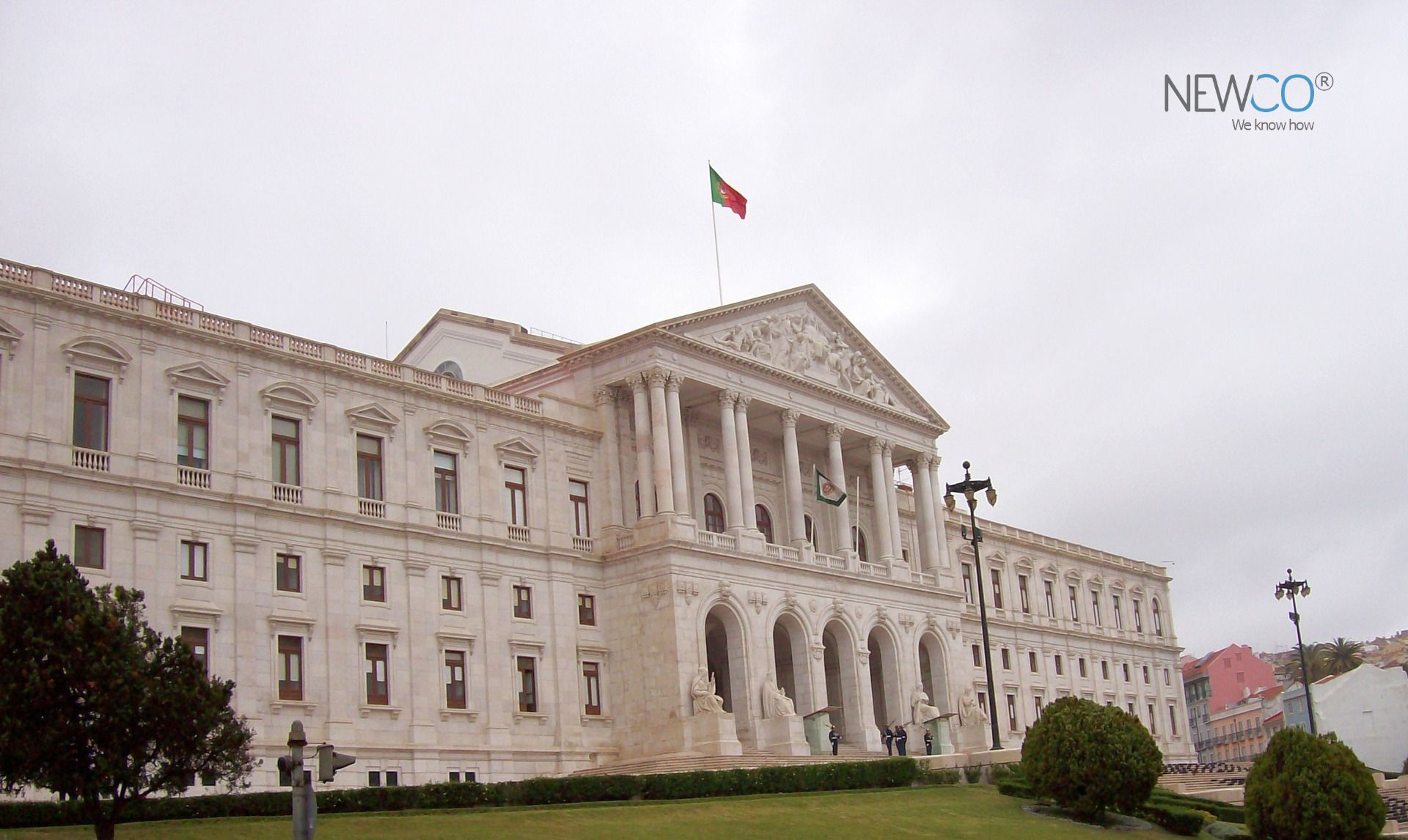What is the deadline for the appointment of a fiscal representative in Portugal?
The general deadline to appoint a fiscal representative in Portugal, or to register to receive information from one of the digital notification channels, is 15 days.
Penalties may result if a tax representative (whenever mandatory) is not appointed. These may range from €75 to €7,500, and offenders may face restrictions regarding the right to file administrative and judicial appeals.
Fiscal representation in Portugal for non-residents – Key outtakes
The Portuguese Government adopted these changes in response to the ongoing implementation and development of reliable digital communication channels. These have generally been well received and seen as a simplification of procedures.
When opting for one of the digital communication channels instead of the appointment of a fiscal representative, the taxpayer commits and accepts to be notified exclusively through these channels. Therefore, taxpayers adhering to this option should be aware that this implies checking these digital channels very frequently to ensure that the notifications are duly received and that potential deadlines established in communications by the Portuguese Tax Authorities are met.
In this regard, we’d like to highlight that the Portuguese tax legislation provides that in most cases, the taxpayers are deemed validly notified five days after the digital communication is made available, i.e., there is an administrative presumption that the communication was well received and acknowledged by the taxpayer.
To avoid any issues or legal fees, it is crucial that you correctly comply with your tax obligations in Portugal. NEWCO is prepared to act as your fiscal representative in Portugal and ensure that your Portuguese tax obligations are duly met.
NEWCO is a one-stop-shop for investors and expats in Portugal and Malta, with more than 30 years’ experience dealing with all aspects of investing in these countries.




